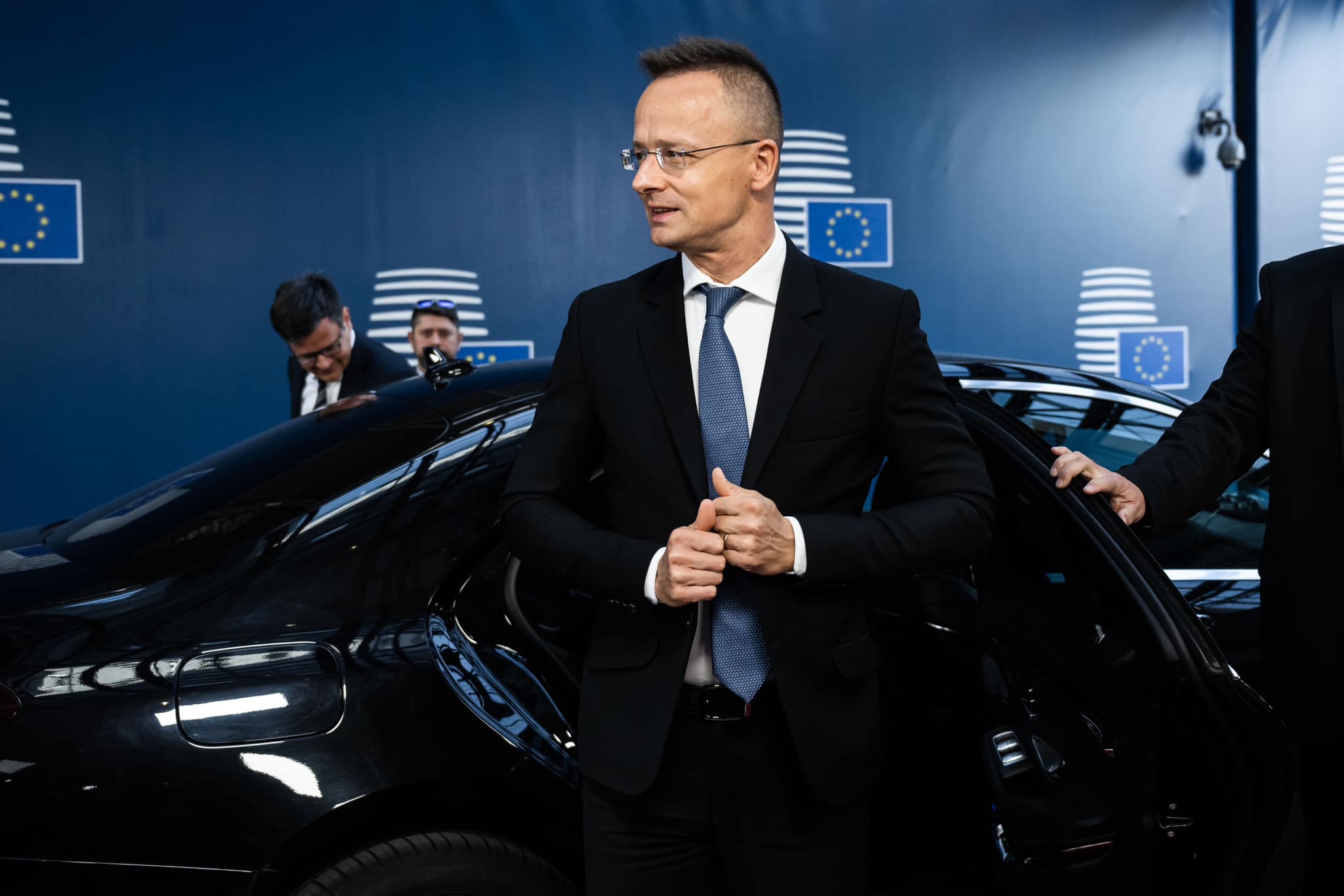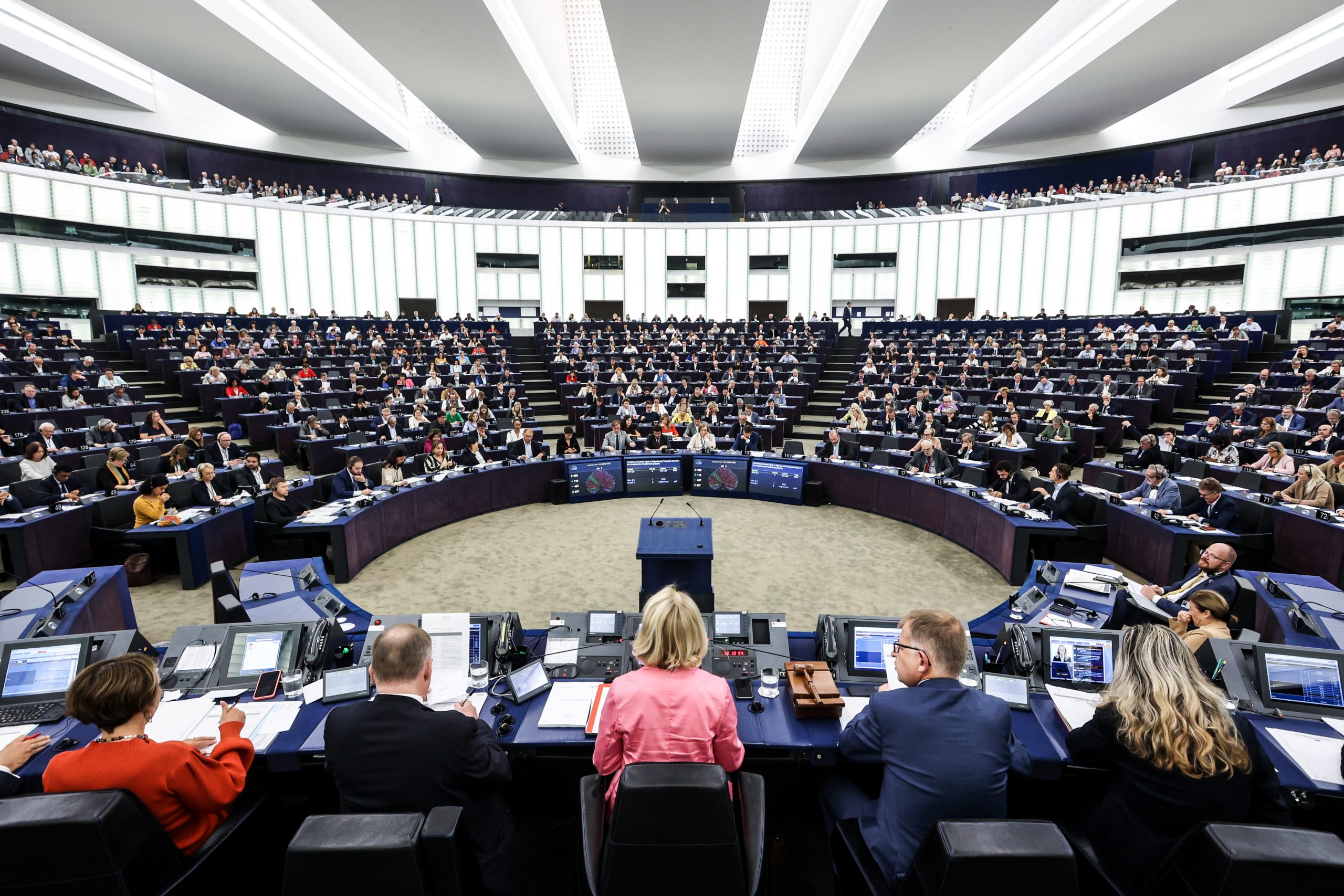
According to Péter Szijjártó, it is unfair that Hungary has already met the requirements and then something else always comes along.Continue reading

Ministers are going to Brussels, Commissioners are coming to Budapest, statements are being made, sometimes optimistic, sometimes stern, but we are still in virtually the same position as at the end of March, when negotiations were supposed to be over. What is the significance of the freezes if EU tenders are launched in the meantime, and what money could be coming soon? – Telex explains.
Even more money than usual could now come from the EU after it set up a one-off recovery fund following the coronavirus outbreak. Alongside this, there is still the ‘normal’ seven-year budget, started in 2021. Some of the money comes from direct EU programs, but most of it comes indirectly through national governments.
The procedure is that the tenders must be published first, which are largely pre-financed by governments. After implementation, the invoices are sent to Brussels, and finally the euros come into the treasury. Moreover, the money can be called up for three years after the end of the budget period. This is why most of the money coming in now is from the previous period, until 2020, because the extra three years expire this year.
The suspensions will not affect agricultural and rural development funding from the Common Agricultural Policy. The specific agricultural policy plan was approved last November, but tenders have not yet been launched. They will only be released gradually in consultation with the sector.
Also expected are the ‘regular’ budget direct catch-up funds, which are not managed through national governments, and even a fraction of the €22 billion in indirect catch-up funds – most of which have been suspended.
What are we not getting and why?
The €5.8 billion (roughly HUF 2,200 billion) non-reimbursable part of the recovery fund is also open for applications because the spending plan was also approved by Member States last December, but the money cannot yet be called up from the EU.
This would require the completion of 27 “super-milestones,” which are part of an interlinked system. Most of them also block part of the ‘regular’ budget for catch-up funding (roughly €6.3 billion, or nearly €2,400 billion) because of the (rule-of-law) conditionality mechanism; in this procedure, public interest trusts and universities that have been converted into trusts have also been banned from entering into any grant contract.
Four judicial super-milestones have separately, as “horizontal conditions,” blocked almost all of the €22 billion of frozen catch-up money. Even on top of these, there are horizontal conditions that are an extra obstacle to some of the catch-up money, roughly €2.5 billion.
The budgetary control committee of the EU has previously said that if Hungary maintains its position on war, migration, and child protection, it will not receive EU funds. The Hungarian government, on the other hand, has repeatedly said that the debate on EU funds in Brussels is not about the rule-of-law and democracy, but about political pressure and blackmail against Hungary. The position of the Fidesz-KDNP coalition government is that Hungarians have the right to decide whether they want to send weapons to war, who they want to live with, and how they want to protect their children. It is also the right of the country to decide whether it wants to participate in the war or not.
They argue that the European Union needs leadership that is capable of taking better account of the diverse interests of member states and capable of listening to the voice of people on the issue of war.
via Telex, Featured image: Facebook/European Parliament